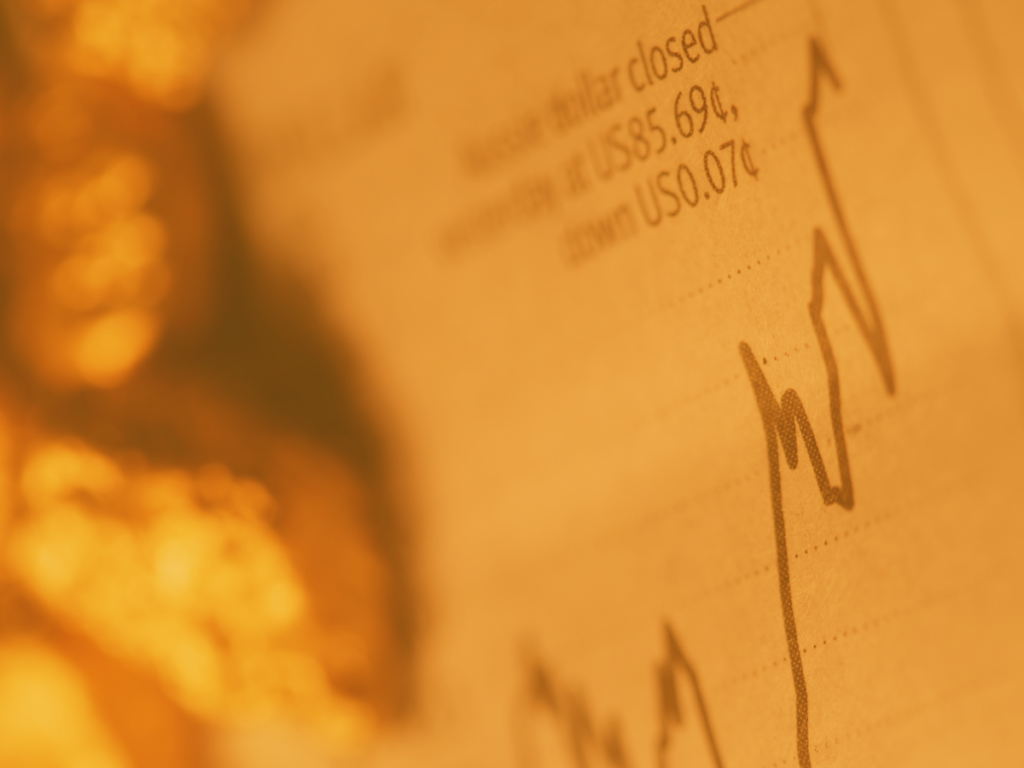
By Steve Lowrie, CFA
Special to Financial Independence Hub
Understanding How Market Pricing Works
Let’s talk about the price of stocks.
It stands to reason: To make money in the market, you need to sell your holdings for more than you paid. Of course, we’re all familiar with good old buy low, sell high. But despite its simplicity, many investors fall short. Instead, they end up doing just the opposite, or at least leaving returns on the table that could have been theirs to keep.
You can defend against these human foibles by understanding how stock pricing works and using that knowledge to your advantage.
Good News, Bad News, and Market Views
How do you know when a stock or stock fund is priced for buying or selling?
The short answer is, we don’t.
And yet, many investors still let current events dominate their decisions. They sell when they fear bad news means prices are going to fall. Or they buy when good news breaks. They invest in funds that do the same.
While this may seem logical, there’s a problem with it: You’re betting you or your fund manager can place winning trades before markets have already priced in the news.
To be blunt, that’s a losing bet.
You’re betting that you know more about what the price should be at any given point than what the formidable force of the market has already decided. Every so often, you might be right. But the preponderance of the evidence suggests any “wins” are more a matter of luck than skill.
Me and You Against the World
Whenever you try to buy low or sell high, who is the force on the other side of the trading table?
It’s the market.
The market includes millions of individuals, institutions, banks, and brokerages trading hundreds of billions of dollars every moment of every day. It includes highly paid analysts continuously watching every move the markets make. It includes AI-driven engines seeking to get their trades in nanoseconds ahead of everyone else.
And you think you can beat that?
We believe it’s far more reasonable to assume, by the time you’ve heard the news, the collective market has too, and has already priced it in.
- News of a recession, under way or avoided? It’s already priced in.
- Inflation on the rise, or abating? It’s already priced in.
- A company suffers a calamity or makes a major breakthrough? It’s already priced in.
- The government passes critical legislation that helps or hinders global trading? It’s…
And so on. Here’s your best assumption:
If it’s public knowledge, it’s already priced in. (And if it’s insider information, it’s illegal to trade on it.)
What We Don’t Yet Know
As soon as an event is priced in, several things make it difficult to profitably trade on the news:
You’re Buying High, Selling Low: If you trade on news after it’s been priced in, odds are you’ll buy at a higher price (after good news) or sell at a lower price (based on bad news).
You’re Tossing the Dice: You might think current gloom and doom means you should brace for more losses, and vice-versa for good times. But the truth is, nobody knows: not even the market itself. Prices adjust based on the next unknown events, and how they’ll impact current conditions. Do future surprises make a bad/good thing better or worse? By definition, we cannot know until they happen.
Markets Look Ahead: You may have noticed yourself: Economies and markets are often insanely out of synch. Markets may decline months before a recession appears or recover well in advance of the economy. That’s because, while economic projections are based on what’s already happened (“lagging indicators,” in economist-speak), markets look forward to set prices buyers and sellers can agree on. When the market is rising, there are more buyers betting that things are likely to improve than sellers betting on darker days ahead. Vice-versa when it’s falling. This doesn’t mean the consensus price is correct. But it does mean that today’s prices are forever being set and reset based on an ever-evolving future.
Set your Investing Course for the Future
What’s an investor to do instead? I’m fond of how Dimensional Fund Advisor’s David Booth has described it in a recent article, People Have Memories. Markets Don’t:
“When it comes to investing, the key is not to try to outsmart the market, but to understand how it works and use that knowledge to your advantage. The market is a great information processing machine. It runs on human ingenuity, which is why returns tend to grow over time as people work to innovate and improve the value of the companies they work for.”
In short, cut yourself a break. And remember, the next time your well-meaning friend, family member, co-worker, Uber driver, financial journalist, or talking head on TV tries to convince you that the markets have not properly priced something in, you can smile and offer this gracious reply: “What do you know that the market doesn’t?”
If you are reading my blogs and find them helpful, I encourage you to subscribe to stay up-to-date.
Of, if you feel that I could help with your financial management plan, reach out.
 Steve Lowrie holds the CFA designation and has 25 years of experience dealing with individual investors. Before creating Lowrie Financial in 2009, he worked at various Bay Street brokerage firms both as an advisor and in management. “I help investors ignore the Wall and Bay Street hype and hysteria, and focus on what’s best for themselves.” This blog originally appeared on his site on Feb. 3, 2023 and is republished here with permission.
Steve Lowrie holds the CFA designation and has 25 years of experience dealing with individual investors. Before creating Lowrie Financial in 2009, he worked at various Bay Street brokerage firms both as an advisor and in management. “I help investors ignore the Wall and Bay Street hype and hysteria, and focus on what’s best for themselves.” This blog originally appeared on his site on Feb. 3, 2023 and is republished here with permission.
Share this:
- Click to share on X (Opens in new window) X
- Click to share on LinkedIn (Opens in new window) LinkedIn
- Click to share on Facebook (Opens in new window) Facebook
- Click to share on Reddit (Opens in new window) Reddit
- Click to email a link to a friend (Opens in new window) Email
- Click to print (Opens in new window) Print

